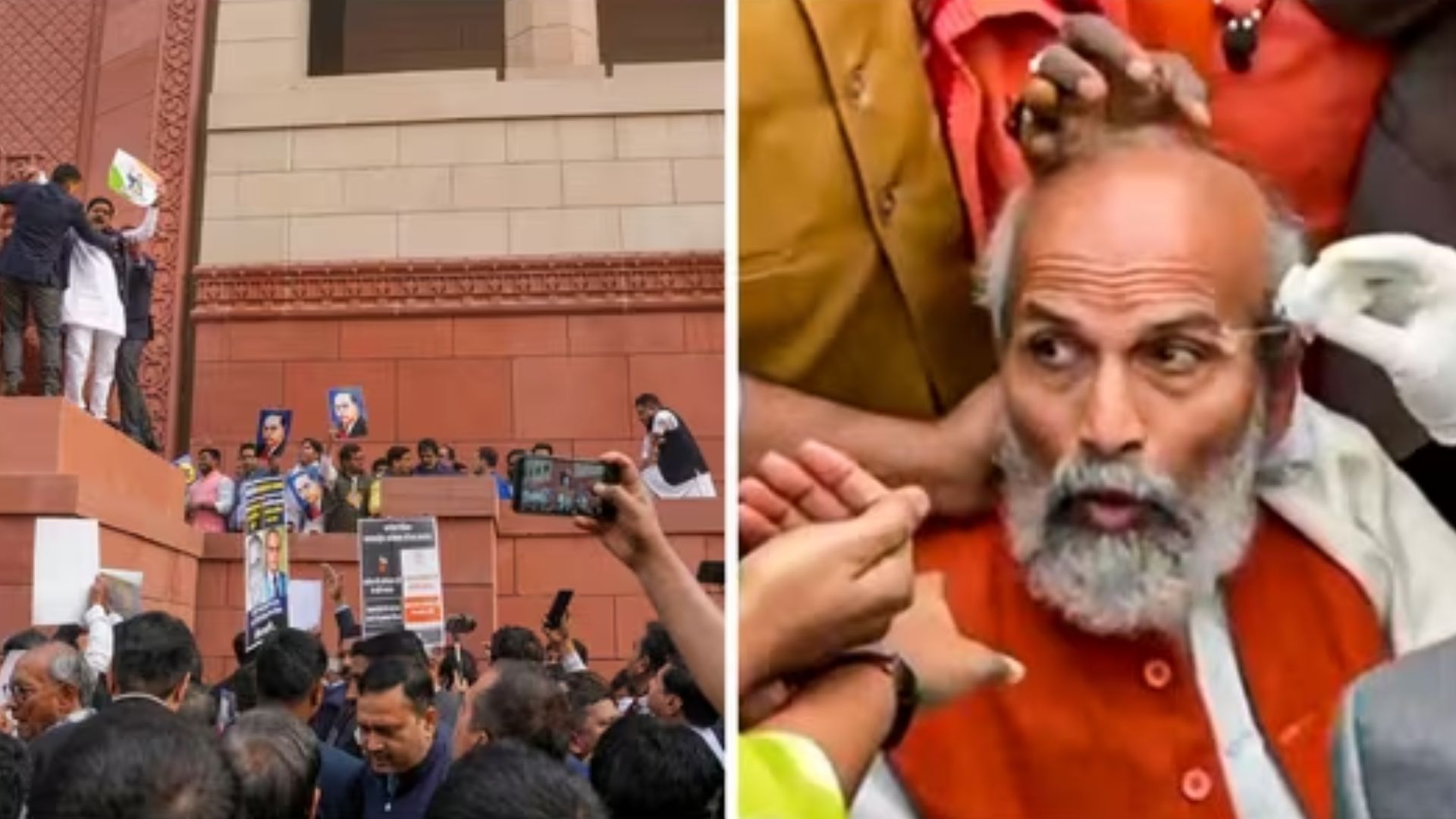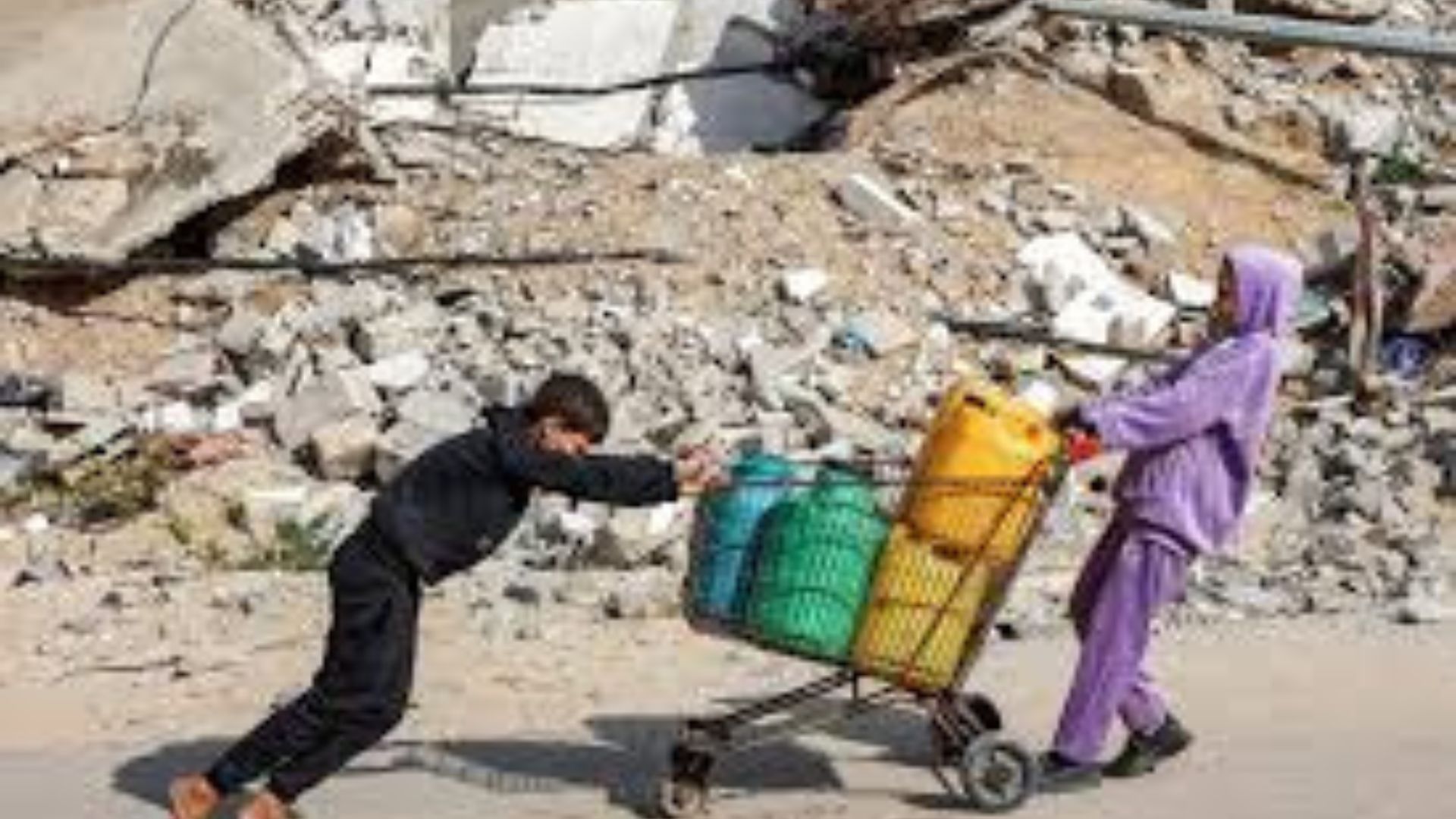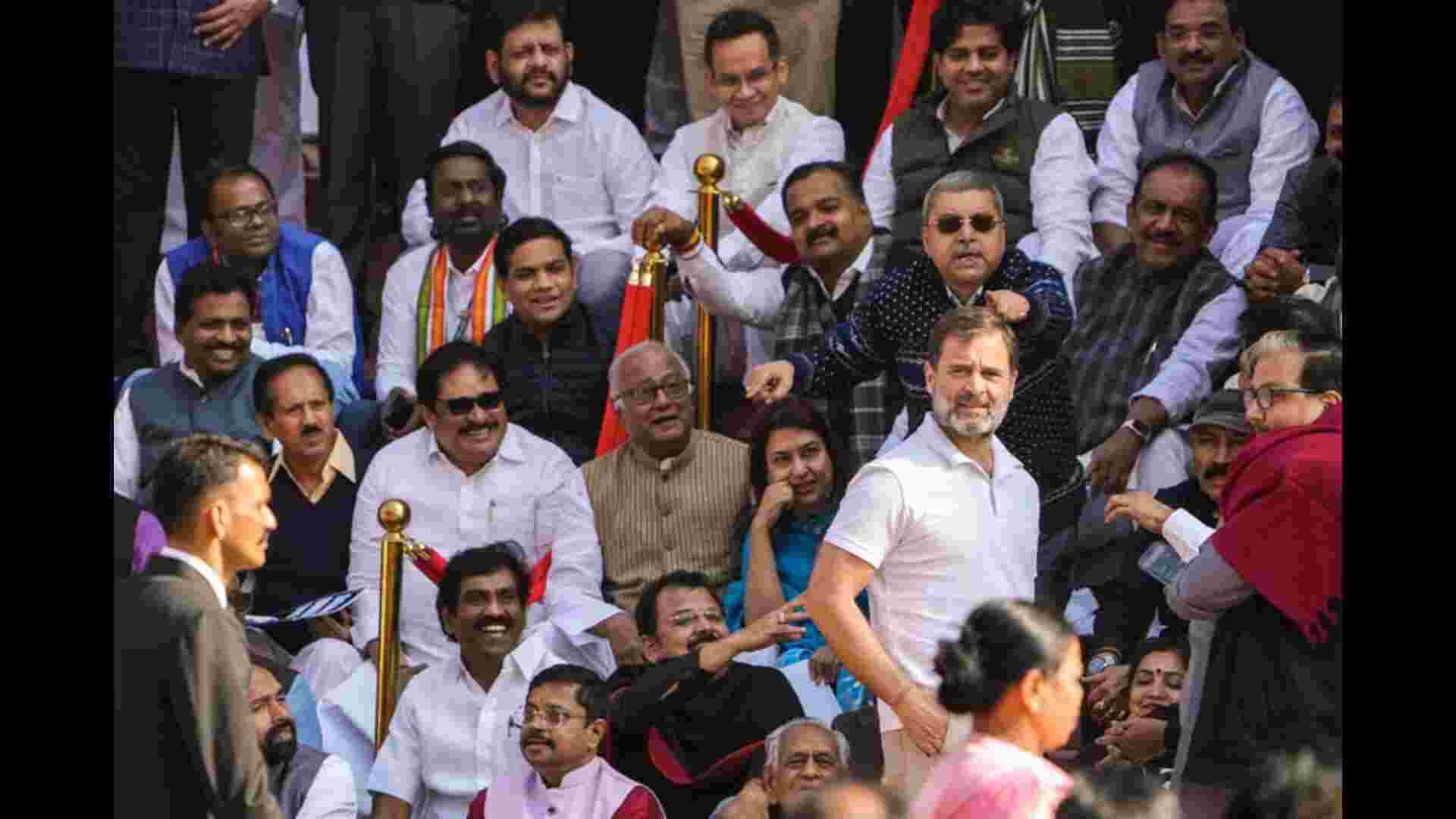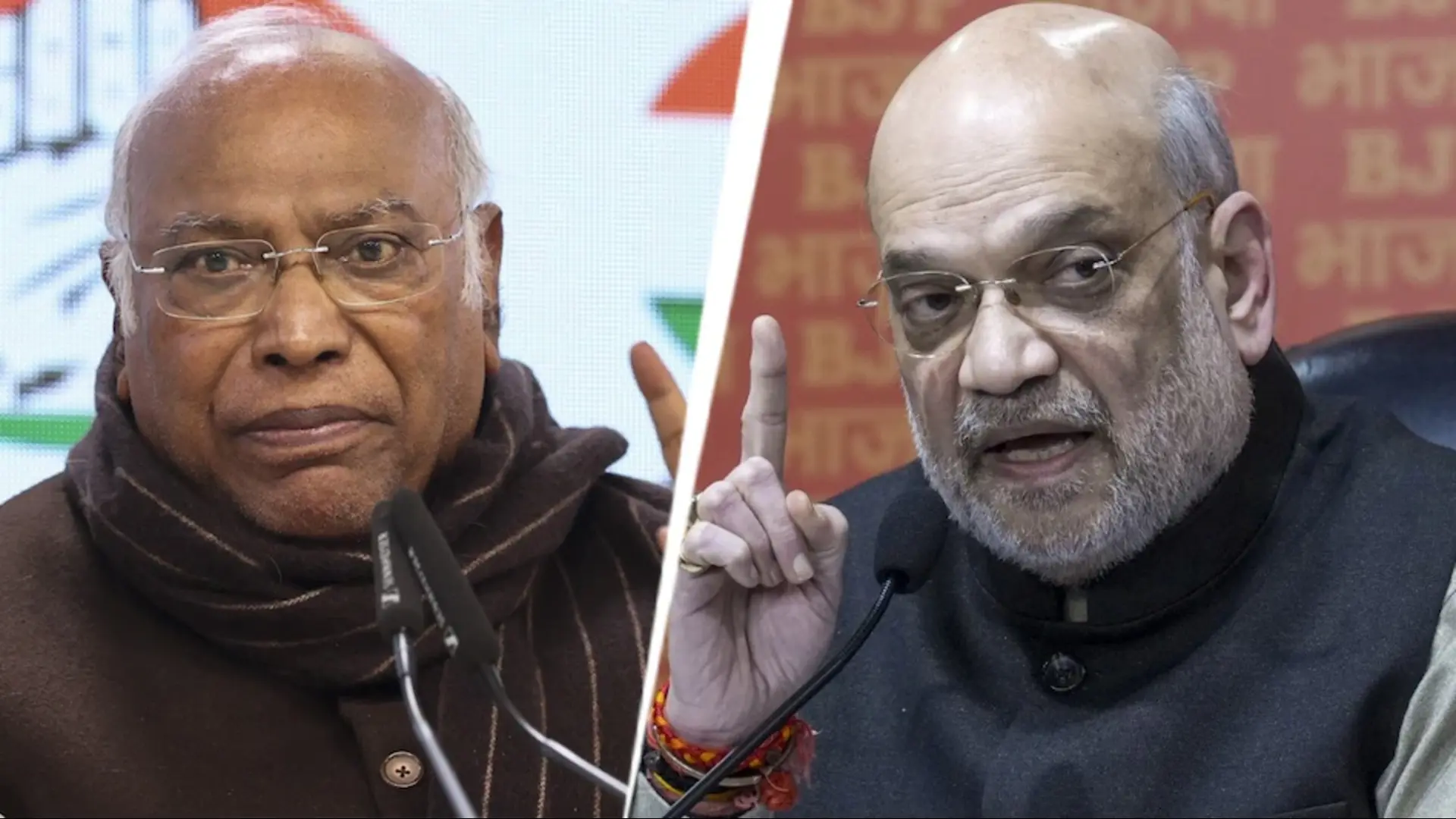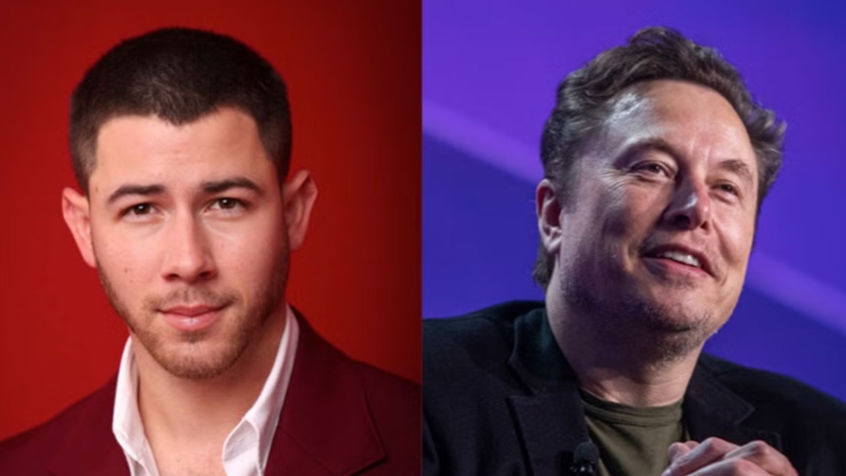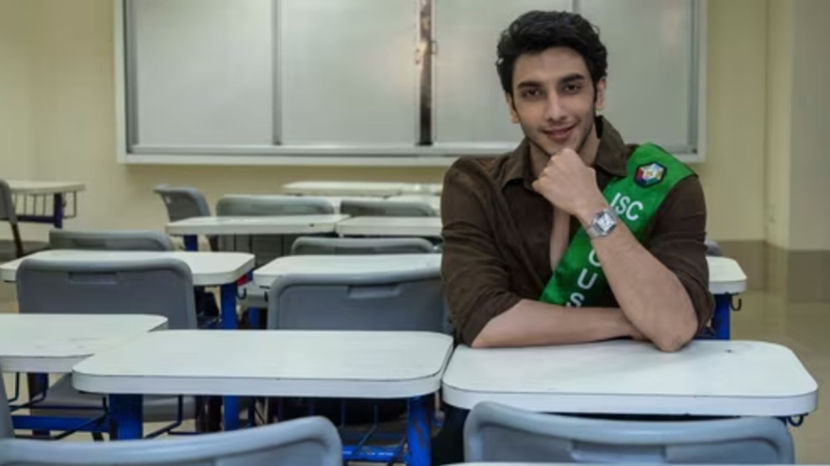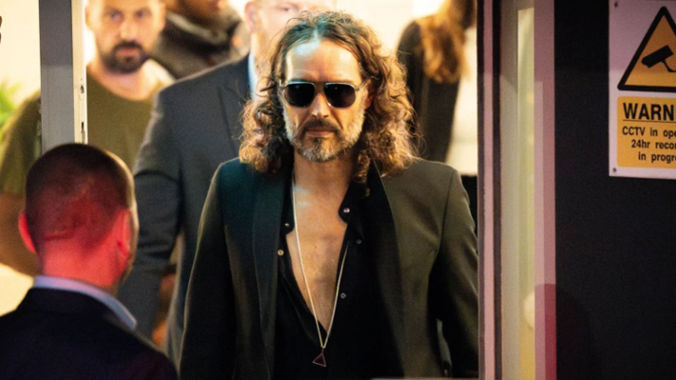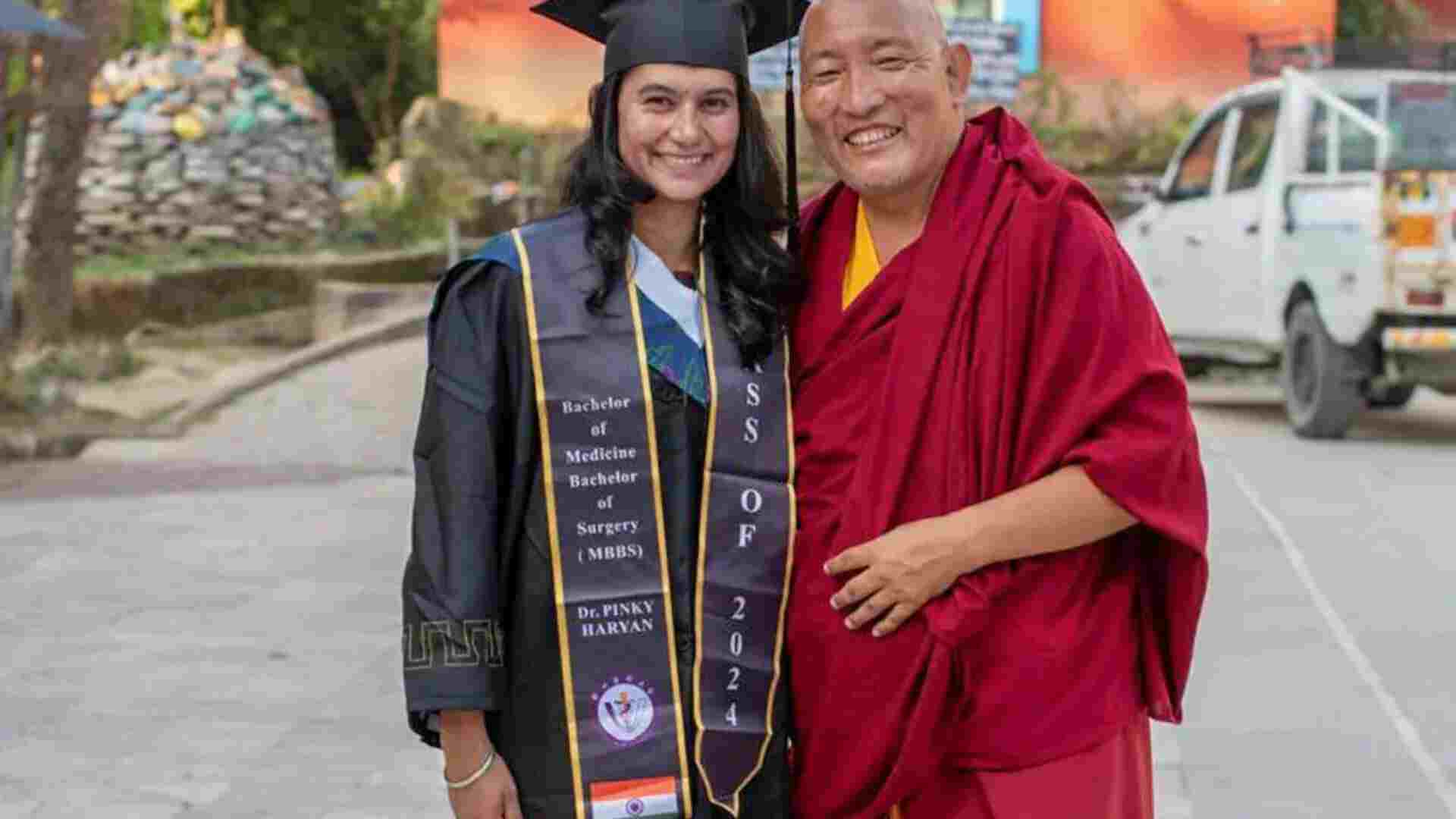
As a child, Pinki Haryan and her family survived by begging on the streets and scavenging for food in Mcleodganj’s garbage dumps. Now, twenty years later, armed with a medical degree from China, she is preparing to clear an exam that will allow her to practice medicine in India.
In 2004, Lobsang Jamyang, a Tibetan refugee monk and director of the Dharamshala-based charitable trust, first spotted Haryan begging. Soon after, he recognized her in the slum cluster of Charan Khud, and that’s when the journey towards her education began. Convincing her parents, particularly her father, Kashmiri Lal, to allow her to pursue school was no easy feat. After persistent persuasion, they finally agreed.
Haryan was admitted to Dayanand Public School in Dharamshala and became part of the first group of students living in a hostel for destitute children, established by the charitable trust in 2004. Ajay Srivastava, president of the NGO Umang Foundation, who has worked with Jamyang for nearly two decades, recalls how Haryan initially missed her family but remained focused on her studies. She soon realized that education was her path out of poverty.
Her hard work paid off, as her academic results reflected her determination. She successfully passed her senior secondary exams and cleared the National Eligibility cum Entrance Test (NEET) for medical courses, Srivastava said.
Although Haryan qualified for medical school, private colleges in India were beyond her reach due to the high fees. Fortunately, with support from the Tong-Len Charitable Trust in the UK, she secured a spot in a prestigious Chinese medical college in 2018. Recently, Haryan returned to Dharamshala after completing her MBBS degree.
After two decades of struggle, Haryan is now a qualified doctor, eager to serve the underprivileged and provide them with better opportunities.
“Poverty was the biggest struggle since childhood. It was painful to see my family in distress. As I got into school, I had an ambition to become successful in life,” Haryan shared with PTI.
“My background as a slum dweller became my greatest motivation. I dreamed of a financially stable and fulfilling life,” she added.
Haryan vividly remembers her school admission interview at age four when she expressed her dream of becoming a doctor. “At that point in time, I had no idea what work a doctor does, but I always wanted to help my community,” she said.
Currently preparing for the Foreign Medical Graduate Examination (FMGE) to practice medicine in India, Haryan also inspired her younger brother and sister to pursue education.
She attributes much of her success to Lobsang Jamyang, saying, “He (Jamyang) had a vision to help destitute and poor children. He was the biggest support system I had while I was in school. His belief in me was a big inspiration to do well.”
Jamyang, who established the charitable trust with the goal of providing basic education to destitute children, never imagined how talented they would turn out to be. “I did not realise that these children were so full of talent… They have become role models and are inspiring others,” Jamyang said.
According to Srivastava, Jamyang has dedicated his life to helping children from slums, encouraging them to become not just professionals but good human beings. “He has dedicated his entire life to the children living in slums. Several of them, who once languished in the streets, were adopted by him and have today become engineers, doctors, and journalists,” Srivastava added.
